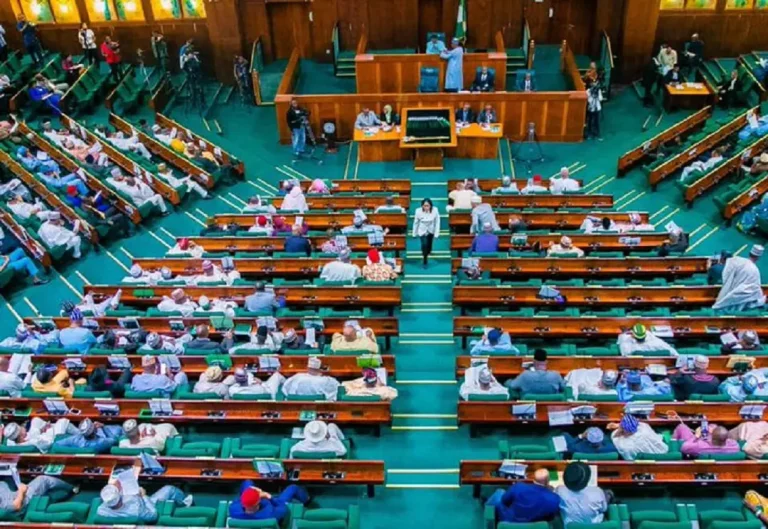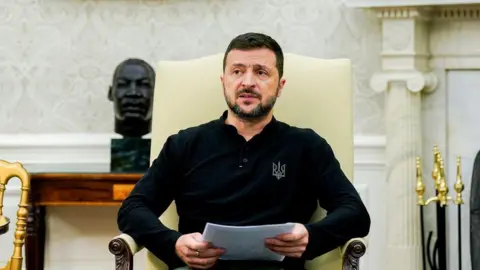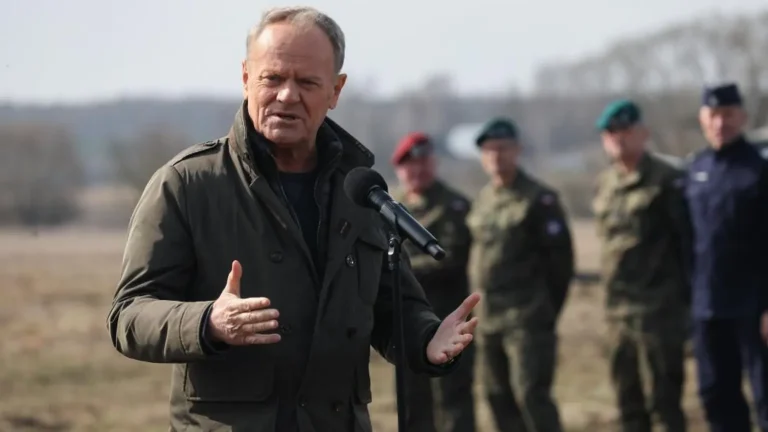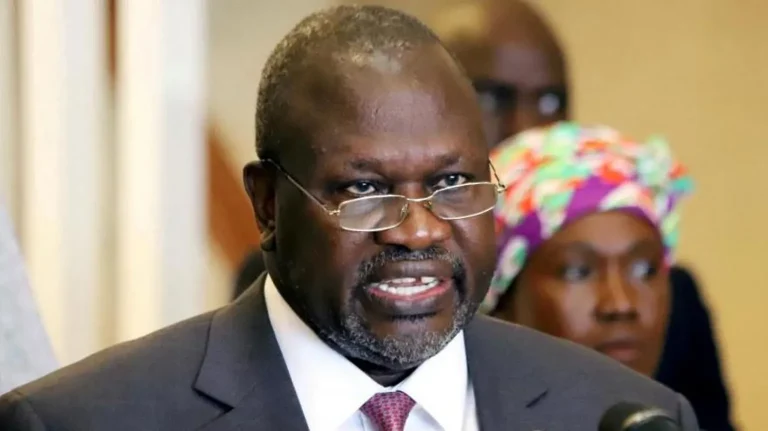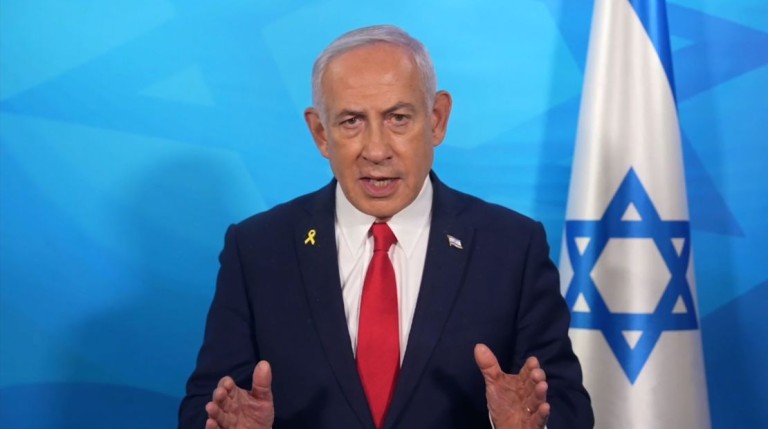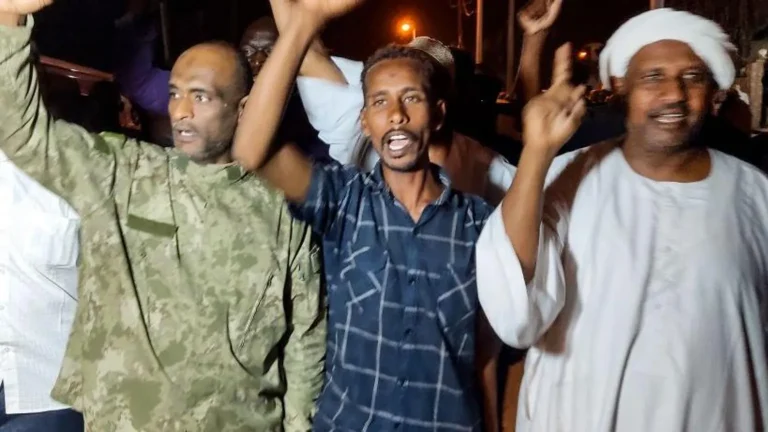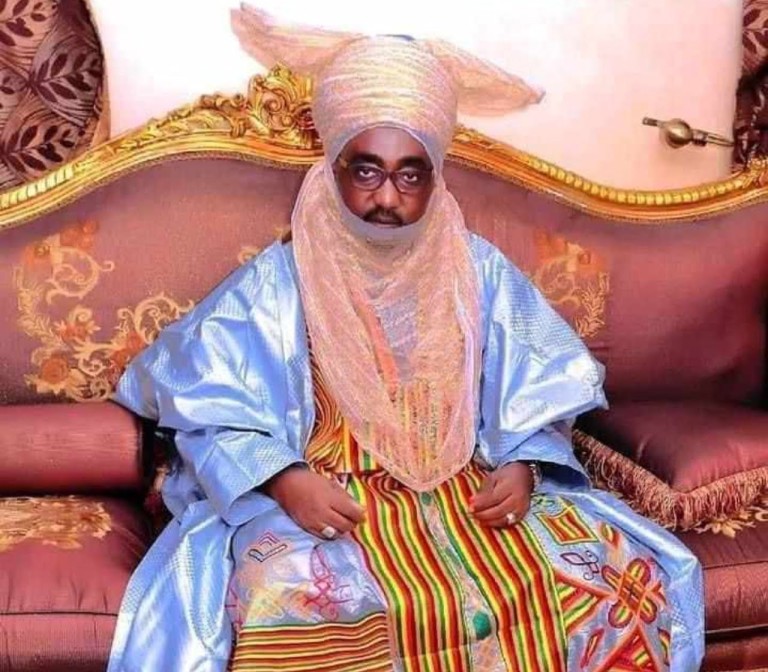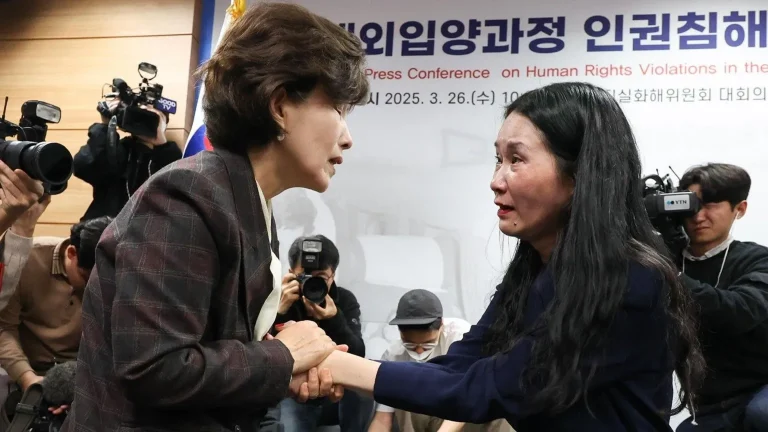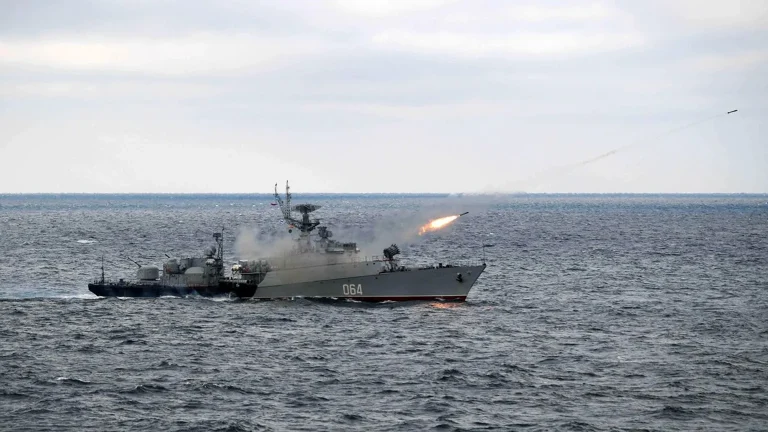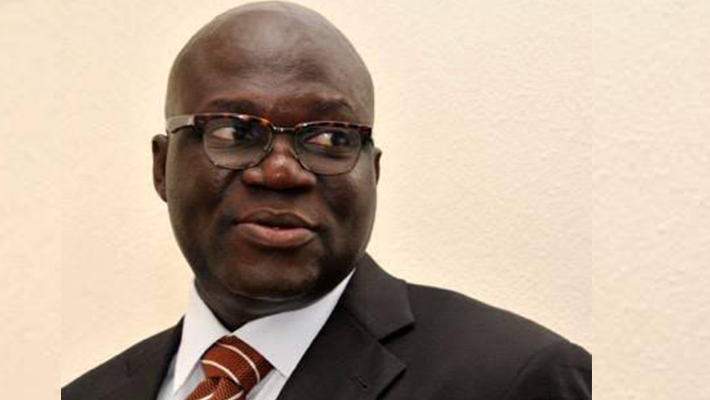President Zelensky’s statement highlights the ongoing tension in Ukraine’s fight against Russia and the broader international diplomatic struggle. He is right to emphasize that lifting sanctions on Russia at this stage would send the wrong message and undermine the leverage the international community currently has to push for a serious peace agreement.
Zelensky’s criticism of Russia’s demands for unrealistic conditions—such as for a ceasefire in the Black Sea—underscores the complexity of the negotiations. Russia’s insistence on unreasonable terms, while rejecting proposals for peace, continues to delay any meaningful diplomatic solution. Zelensky makes a crucial point in arguing that sanctions are one of the few effective tools to pressure Russia into genuine talks, and without them, the risk of a breakdown in future negotiations becomes even more significant.
His call for continued support from international partners and for sanctions to remain until Russia’s aggression stops is a stance that aligns with Ukraine’s need for long-term pressure on Russia to cease its military actions and respect territorial integrity. The prospect of lifting sanctions prematurely could indeed have serious consequences, both in terms of diplomacy and the integrity of future peace agreements.
Do you think international pressure, particularly through sanctions, will ultimately succeed in forcing Russia to engage in meaningful peace talks, or is there a risk that it could backfire and prolong the conflict?



